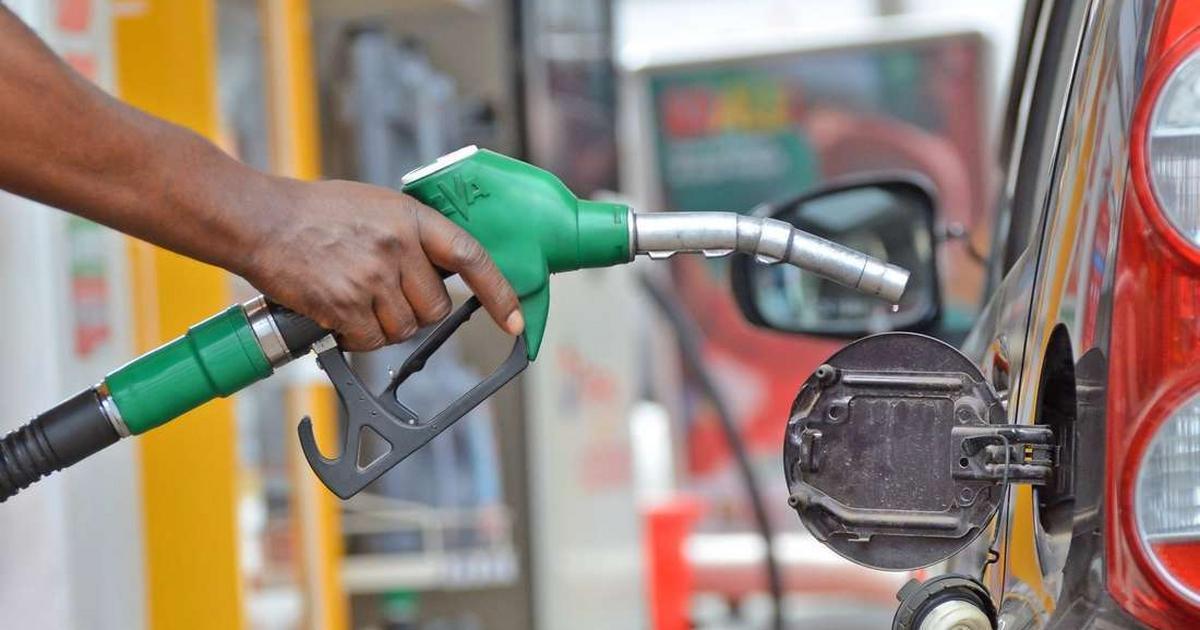Africa-Press – Angola. Life could become even more expensive in Angola due to rising diesel prices, according to Angolan economist Nataniel Fernandes. Civil society has called for a protest on July 12th.
First the price of fuel went up, then the price of public and private transport. What else will go up in Angola?
Angolan economist Nataniel Fernandes predicts that the price of other essential goods and services could also rise in the coming days, because diesel, which has risen from 300 to 400 kwanzas (0.37 euros), is a derivative that cuts across the economy. It is used “in agriculture, industry, factories, families and companies that use generators,” he points out.
“Since it is transversal, in practically all activities of the economy, including the transportation of people and goods, it is natural that, in a domino effect, there is a contagion effect on several other prices in our economy.”
Nataniel Fernandes foresees difficult days for many Angolan families: “Many are already facing difficulties with the low income they have, and now they will feel the effects of this inflation even more.”
“It’s not the time”
Over the weekend, a group of Angolan civil society organizations warned that rising diesel prices could worsen social inequalities.
“Such a decision, in a country with marked structural and social weaknesses, without effective compensatory measures, significantly increases the cost of living for the majority of citizens, especially those who depend on the informal economy and public transport,” wrote the organizations Associação Upangue, OMUNGA, Friends of Angola, FORDU and ALDA, in a statement.
Every day, many citizens already do math on their fingers.
“This is not the time to raise prices in a country that produces oil,” says João António, an Angolan citizen living in Luanda.
The Government must guarantee people’s dignity, he emphasizes.
Since the Angolan government began to remove fuel subsidies in 2023, the price of diesel has already increased by 200%, according to estimates cited by the Lusa news agency.
The Executive expects to raise, with the withdrawal of subsidies, around 400 billion kwanzas per year (around 372 million euros), which would be redirected to sectors such as health, education and infrastructure.
Protest on July 12th
Civil society, however, points to the consequences of the measure on citizens’ daily lives.
“The rise in fuel prices and the consequent rise in taxi prices is not what the population wants, it is not what the people want”, says Adilson Manuel, one of the organizers of a protest called by civil society for July 12, in the Angolan capital, Luanda.
What the people want
What the people want is for “there to be fair measures to gradually reduce these increases, which have already been announced previously by the Executive”, he highlights.
The July 12 demonstration was called with the slogan “your silence kills more than malaria”.
In recent days, in addition to increasing the price of diesel, the Angolan government has also increased the price of taxi fares from 200 to 300 kwanzas (0.28 euros). Public transport, such as buses, now charges 200 kwanzas (0.19 euros).
For More News And Analysis About Angola Follow Africa-Press






